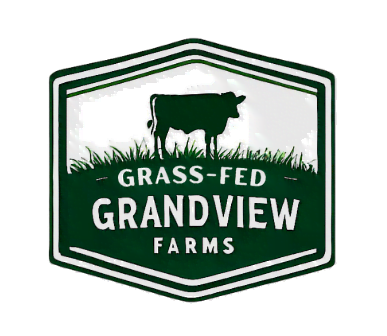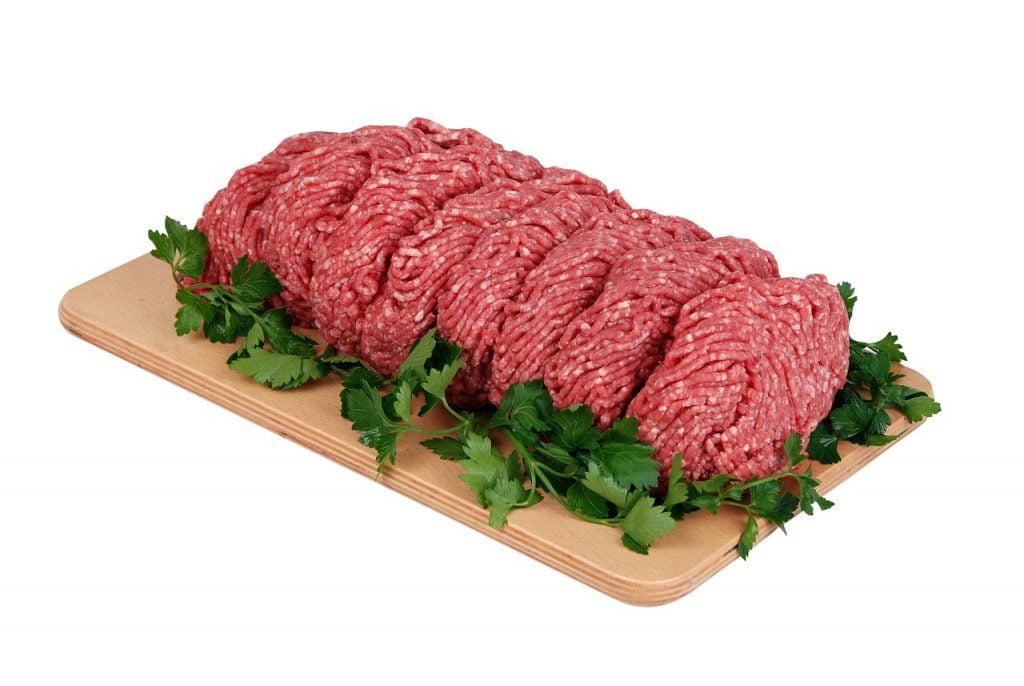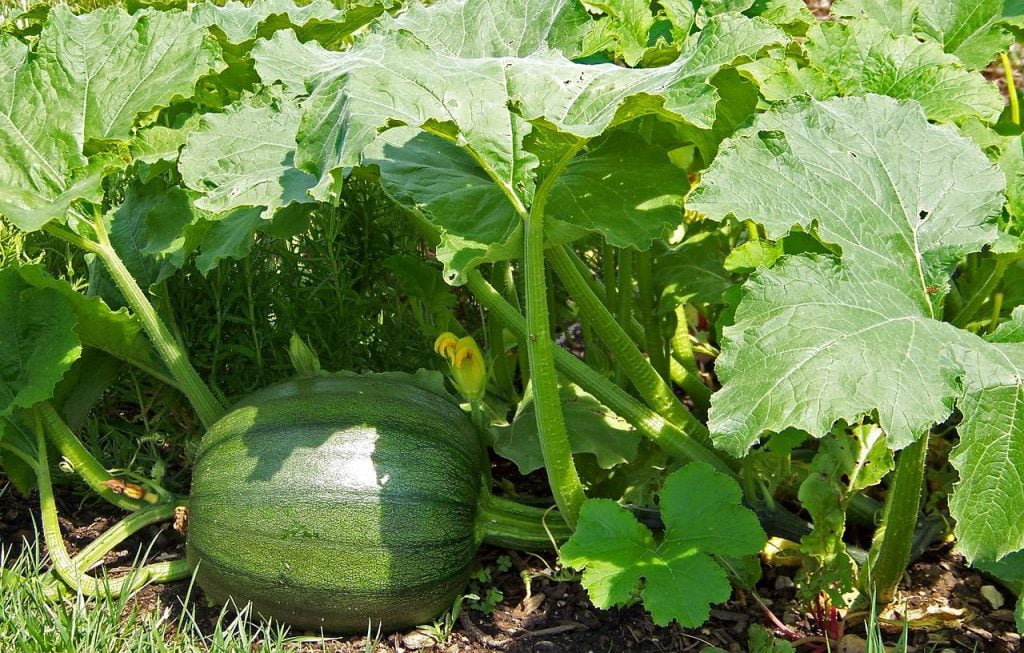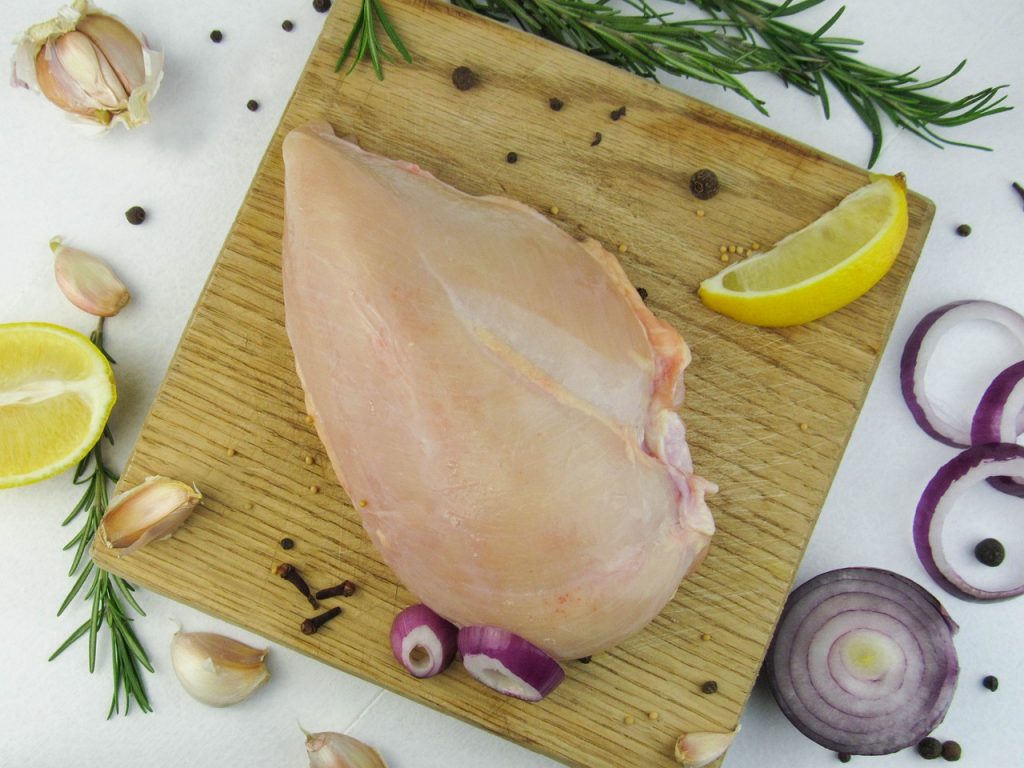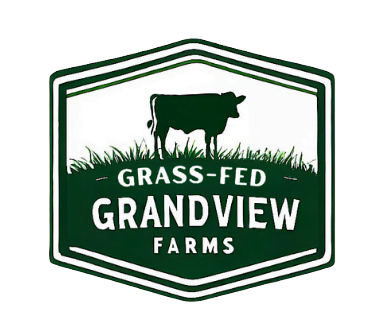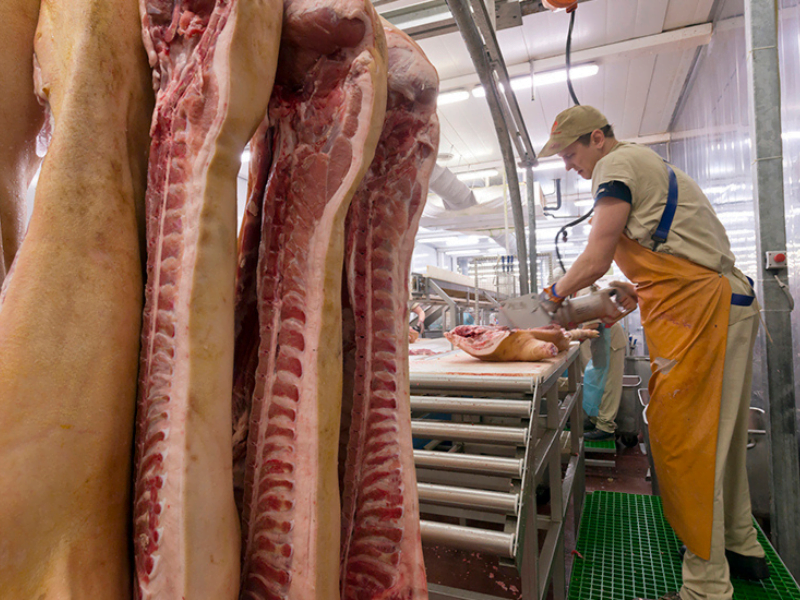
For centuries, beef has held a central place in the culinary landscape, prized for its rich flavor and versatility. However, in recent years, concerns about environmental impact, animal welfare, and food safety have cast a shadow over the industry. Enter Beef quality assurance (QA), a game-changer that is rewriting the narrative of beef, paving the way for a delicious and sustainable future.
From Grain-Fed Goliaths to Grass-Finished Gourmands: Redefining Quality Beef
Gone are the days of homogenous, grain-fed cattle raised in industrial-scale feedlots. Consumers are increasingly seeking distinctive flavor profiles and ethical production practices. This shift is reflected in the rise of grass-finished beef, which boasts several advantages:
Superior Taste: Extensive grazing on diverse pastures leads to higher levels of omega-3 fatty acids and conjugated linoleic acid (CLA), contributing to a deeper, more complex flavor and higher nutritional value. Research by Texas A&M University showed grass-finished beef to contain 57% more CLA than conventionally raised beef. (Texas A&M University, 2010)
Enhanced Animal Welfare: Pasture-based systems encourage natural behaviors like grazing and socializing, improving animal well-being compared to confinement operations. A 2017 study by the University of California, Davis, found pasture-raised cattle exhibiting lower stress levels and improved immune function. (University of California, Davis, 2017)
Environmental Sustainability: Grass-fed cattle act as natural ecosystem engineers, promoting soil health and carbon sequestration. The National Sustainable Agriculture Information Service reports that pasture-based systems can sequester up to 300 kilograms of carbon dioxide per hectare per year. (National Sustainable Agriculture Information Service, 2023)
QA plays a crucial role in ensuring the quality and authenticity of grass-finished beef. Rigorous certification programs, like the USDA Natural Grass Program, require strict adherence to pasture-based feeding practices. This transparency builds trust with consumers and guarantees the superior taste and ethical production they demand.
Beyond the Plate: Tracing the Journey from Farm to Fork
Transparency and traceability are no longer buzzwords; they are driving forces in the future of beef. Consumers want to know the story behind their food, from the pastures where cattle graze to the butcher shops where they land.
Technology is key to achieving this level of transparency. RFID tags and blockchain platforms offer innovative solutions to track cattle from birth to slaughter, providing consumers with detailed information about animal welfare, feed sources, and processing methods. A 2020 study by the Food Marketing Institute found that 88% of consumers are more likely to purchase a product if they can trace its origin. (Food Marketing Institute, 2020)
QA empowers consumers with informed choices. Knowing the full story behind their beef builds trust and fosters an emotional connection with the food they eat. This shift towards transparency also benefits producers, allowing them to showcase their commitment to ethical and sustainable practices, while commanding premium prices for their high-quality product.
Precision Agriculture: Optimizing Every Bite
Beef Quality assurance extends beyond pastures and processing facilities. Precision agriculture leverages technological advancements to optimize every step of the beef production process. Sensors monitor soil health, water usage, and animal behavior, providing valuable data to farmers for better decision-making.
Data-driven grazing management: Drones equipped with multispectral cameras analyze pasture quality, enabling farmers to allocate grazing areas strategically, maximizing forage utilization and improving animal health.
Personalized feed supplementation: Smart feeders can automatically adjust feed rations based on individual animal needs, ensuring optimal nutrition and reducing waste.
Predictive health monitoring: Wearable sensors on cattle can detect early signs of illness, allowing for prompt intervention and improved animal welfare.
QA in precision agriculture fosters sustainability and efficiency. By optimizing resource utilization and ensuring animal well-being, we can minimize environmental impact while maximizing quality and yield. This ensures a future where delicious, high-quality beef is produced responsibly and sustainably.
Embracing Innovation: Cellular Beef & Plant-Based Alternatives
While traditional beef continues to evolve, alternative protein sources are gaining traction. Cellular agriculture, the production of meat from animal cells in controlled environments, offers a potential solution to environmental concerns without compromising taste or texture. Though still in its early stages, it presents a future where beef quality assurance and production can be decoupled from traditional livestock, potentially reducing land use and greenhouse gas emissions.
Plant-based alternatives are already carving a niche in the market, appealing to consumers seeking meat-free options. While not a direct replacement for beef, these products offer innovative solutions for incorporating the desired texture and flavor profiles into various dishes.
QA plays a crucial role in ensuring the safety and quality of both cellular and plant-based alternatives. As these technologies mature, robust regulations and rigorous testing will be essential to build consumer trust. Labeling standards must be clear and transparent, distinguishing between these options and traditional beef without creating confusion.
The future of beef is a vibrant tapestry woven from tradition, innovation, and quality assurance. By embracing sustainable practices, ethical production, and technological advancements, we can ensure a future where delicious, high-quality beef remains a culinary centerpiece, enjoyed responsibly and sustainably. This future not only caters to evolving consumer preferences but also upholds animal welfare and environmental health, paving the way for a more conscious and delicious tomorrow.
Expanding Horizons:
Alternative Protein Market Boom: The plant-based market alone is expected to reach $34.5 billion by 2025, with a CAGR of 14.9%. Cellular meat is predicted to see even faster growth, reaching $80 billion by 2030. (FMI, Barclays)
Expert Voices:
“The future of beef lies in responsible production, transparency, and embracing innovation. Sustainability and deliciousness shouldn’t be mutually exclusive.” – Mark Riedy, CEO, National Cattlemen’s Beef Association
“Consumers are seeking more than just taste; they want a story behind their food. QA is key to building trust and showcasing our commitment to ethical and sustainable practices.” – Sarah Jenkins, Owner, Grassland Farms Organic Beef
QA in Action:
Rancher’s Choice: This family-owned ranch uses blockchain technology to track cattle from birth to butcher, offering full transparency to consumers.
Patagonia Provisions: This brand sources grass-finished beef from regenerative farms, promoting soil health and carbon sequestration.
Impossible Foods: This leader in cellular meat focuses on rigorous safety testing and quality control, building trust in this emerging technology.
Empowering Choice: Visit https://www.consumerreports.org/issue/food-safety to explore resources on sustainable beef production and responsible purchasing.
Support initiatives like the https://www.americangrassfed.org/ that promote quality pasture-based systems.
Ask your local butcher or grocer about their sourcing practices and choose beef raised with transparency and sustainability in mind.
By understanding the market trends, hearing expert insights, and learning about real-world examples of QA, we can all contribute to a future where quality beef aligns with ethical and sustainable practices. Remember, every informed choice you make as a consumer empowers a future where deliciousness and responsibility go hand in hand.
